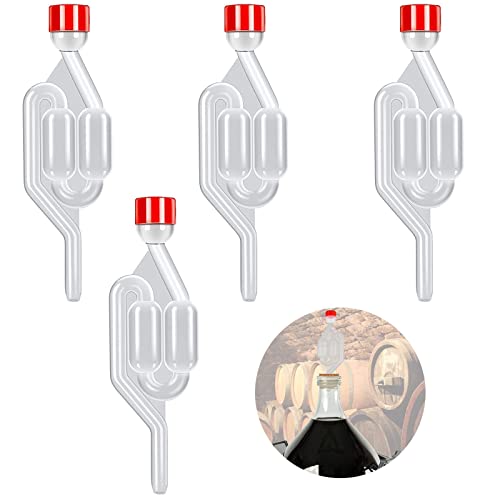calumscott
Regular.
- Joined
- Sep 12, 2011
- Messages
- 311
- Reaction score
- 32
So here's a couple of thoughts, mostly from my school/uni days studying microbiology...
It must be known, purely by applying the logic that beers sometimes get infected and that must happen commercially as well as domestically at a rate that's high enough to make it "interesting", what alien microbes are poluting our brews.
If you know that - you also know their properties, you can study them, you can learn where they come from, what inhibits them, what kills them.
When you know what it is and how it works you can mitigate against it.
The obvious example is pasteurisation. It doesn't sterilise milk, because the heat treatment to get there denatures proteins in the milk and makes it taste odd (UHT anyone?), all it does is raise the termperature far enough for just long enough to kill anything likely to be pathogenic.
Surely the same logic could apply to brewing if it were known what the evil brew spoiling monsters were?
Anyone seen anything on the topic around the interweb that would make an interesting 10 minute read?
It must be known, purely by applying the logic that beers sometimes get infected and that must happen commercially as well as domestically at a rate that's high enough to make it "interesting", what alien microbes are poluting our brews.
If you know that - you also know their properties, you can study them, you can learn where they come from, what inhibits them, what kills them.
When you know what it is and how it works you can mitigate against it.
The obvious example is pasteurisation. It doesn't sterilise milk, because the heat treatment to get there denatures proteins in the milk and makes it taste odd (UHT anyone?), all it does is raise the termperature far enough for just long enough to kill anything likely to be pathogenic.
Surely the same logic could apply to brewing if it were known what the evil brew spoiling monsters were?
Anyone seen anything on the topic around the interweb that would make an interesting 10 minute read?






















![BREWING THERMOMETER STICKERS ACCURATELY MONITOR FERMENTING BEER & WINE LIQUID TEMPERATURES 5PCS HOME BREW SPIRITS WINE LCD ADHESIVE [US]](https://m.media-amazon.com/images/I/311DDjo2X3L._SL500_.jpg)

















